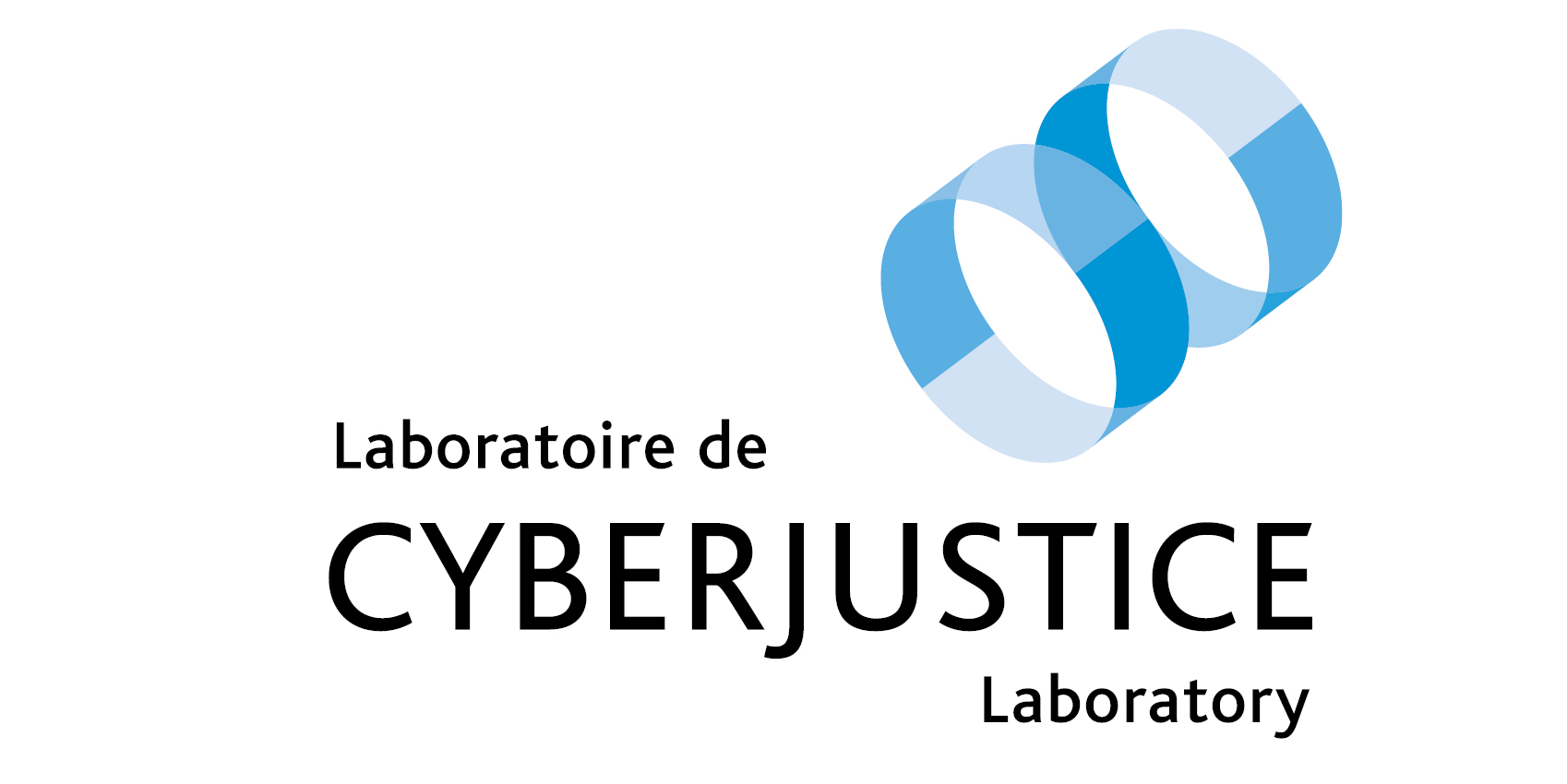Libra vs Bitcoin: Cryptocurrency and the Protection of Citizens' Personal Data in a Virtual World

By Javier E. Valbuena as part of the Summer School of the Cyberjustice Laboratory in 2019.
In June 2019, Facebook announced the launch of a new digital currency called "Libra" that would allow users to conduct all their financial transactions from a smartphone. Unlike we may think, Libra is not a true copy of Bitcoin. Technologically, it represents a new universal payment method that combines the advantages of blockchain with a semi-centralized approach to financial management. In an economic context, Libra doesn't want to take the form of an investment as Bitcoin represents for a portion of its current users. Facebook is looking to create a currency that is easy to use, secure, fast and promises to maintain its value against inflation. This is good news for citizens around the world who do not have access to financial services, but who own a mobile phone. For international investors, Libra's stability would provide immunity from the volatility of their local currencies, which are largely influenced by each country's tax policies. From our legal perspective, there is a high probability that Libra will be subject to government regulation to level the balance of power between the market and the individual. For example, we suggest a brief overview of blockchain technology before explaining why our personal information will be more at risk when using this new cryptocurrency.
Basically, a cryptocurrency is a computer payment method. A kind of digital currency without state affiliation or external monitoring methods. The money is kept in a digital safe that is hosted by its users and requires an internet connection for access. It is not possible to have a cryptocurrency without using the blockchain. This technology protects the identity of the parties, prevents hacking and maintains a transaction history. To understand how it works, let's imagine a network of nodes that connect "blocks" of information. In this universe, each block has a utility and a signature protected by a cryptographic method. When carrying out a transaction, the block sent by A must undergo a verification process that prevents the falsification and competing use of the same data. Once this process is completed, the block is integrated into the network which will be updated automatically, allowing B to withdraw the money using a confidential key from A. In short, cryptocurrencies have been designed to increase the confidence and security of people who make online transactions.
The technology behind Libra is similar to what is used by other cryptocurrencies, but includes modifications that allow semi-centralized control of personal data. When creating the user profile, the individual must register a valid photo ID to be authorized to make transactions. Facebook assures us that this profile and the data within it will be stored independently of those used by the person's social network. That said, customers will be able to complete all their transactions from Facebook-affiliated applications, including Instagram, Whatsapp and Messenger. Let us underline this first difference: Bitcoin's confidentiality is opposed to Libra's forced identification. As for the management of personal data, Bitcoin only collects the data necessary for its operation and codifies them using cryptographic methods. Bitcoin has no obligation to disclose anything to the government, in principle because it is impossible for it to personally identify an individual, but also because the transaction record is public and common. In contrast, Libra will collect a set of personal data from its first use that it will have to share at the discretion of the government. The problem is not the access of an individual's transactional history by a government for tax purposes, but rather the sale and sharing of that history with Facebook partners without the user's consent. A final concern about the technology used by Facebook is the open access of its code to popularize its use. In our opinion, the corporate giant is exposed to possible computer attacks that could compromise its customers' personal data.
The economic benefits of a universal digital currency are significant and benefit both citizens and the private interests that contribute to its development. If our society wishes to prosper, it must encourage the development of its new technologies while balancing the protection of the fundamental rights of its members. The question is whether this reconciliation is possible in practice. Facebook, Apple and Amazon have announced that their digital currencies and credit cards will be almost free of charge and easy to obtain with a simple piece of ID. In addition, all functions will be available online and also promise to fulfill the exchange of their digital money in the state currency of preference of the consumer. This promise makes all the difference for the future of competition between Bitcoin and Libra. Despite Bitcoin's popularity, its use is limited exclusively to online commerce. Conventional businesses do not accept Bitcoin because they know very little about how it works and fear losing their investment in this digital currency that has no fixed value. It is very rare that the local convenience store allows you to pay for your bag of chips with a Bitcoin fraction. Consider for a moment this scenario, the portion of Bitcoin you use to pay is worth $2 at the time of payment, but in one week its value could drop to $0.01 resulting in a loss for the business owner. Libra has thought about this issue and plans to buy a considerable volume of popular currencies such as the dollar, pound sterling and yen to be able to honor the exchange of his currency and maintain its value. For citizens living in countries with high inflation rates such as Venezuela and Zimbabwe, this currency would allow them to use a payment method that does not lose one-third of its value on the same day it was exchanged. As for foreign investors, a fixed-value digital currency would allow them to maintain some liquidity, thus reducing the housing crisis in the world's largest cities. If Bitcoin is replaced by a 2.0 cryptocurrency, what would be the problem then? The answer lies in Libra's business model, which seeks to exploit its users' personal data for profit.
In Canada, the definition of personal information is broad in scope and includes any information about an identified individual. Although the law allows private companies to collect personal data, the company must obtain the prior consent of the user and it must limit its use exclusively to acceptable purposes. Please be aware that the assessment of consent varies in the circumstances and depending on the nature of the information collected. On the surface, the Canadian law appears to be well equipped to defend our personal information and privacy rights of large multinational corporations. However, reality deserves to be clarified with a short explanation of depersonalized data to understand the vulnerability of our information to this cryptocurrency.
A depersonalized data is a mass of information on the habits of its user. However, the information does not qualify as "personal data" because it has been modified using an algorithm to mask any element that could identify its original author. This type of data is very popular among multinationals and foreign governments, but why? Because there are now two ways to obtain personal information from "depersonalized" data without breaking the law. The first is to use computer traces within depersonalized data to organize enough independent elements to recreate a person's profile. Think of a puzzle, if you connect enough pieces, you will be able to see the original picture you are looking for. The second method is a little more subtle and has allowed Target to predict the pregnancy of its clients in advance by using the purchase of a combination of products. How did Target achieve such a commercial achievement? He collected a considerable amount of depersonalized data to input them into an algorithm that could be used to identify with great accuracy the consumption habits of pregnant women. Say goodbye to your privacy when shopping online. Facebook is well aware of the loopholes in personal data legislation and will continue to use them to make a profit. Contrary to what the corporate giant wants us to believe, Libra is not a non-profit currency, its objective is to protect and finance Facebook's monopoly on social networks using our personal data.
In conclusion, Bitcoin may disappear if Libra enters world markets soon. Its loss may well indicate the end of the protection and independence of citizens' personal information in the West. In principle, cryptocurrency was created to encourage secure and anonymous online transactions. Libra offers you all the advantages of cryptocurrency at the cost of your depersonalized data that it will study and sell to third parties. Consider for a moment what this corporation can learn about you by combining your personal information with your financial history. Without the intervention of Canadian lawmakers, Facebook will be able to emulate its Chinese counterpart Weechat to monitor your money, adjust access to the websites you visit and keep a copy of your private conversations. Should we give Facebook the benefit of a doubt? Which ones are the effects of such power on the average citizen? What about the future of our democracy? We do not have any answers, but we believe they deserve to be discussed in the near future.
Translated by Bianca Lalanne Rousselet
This content has been updated on 06/09/2020 at 13 h 21 min.
